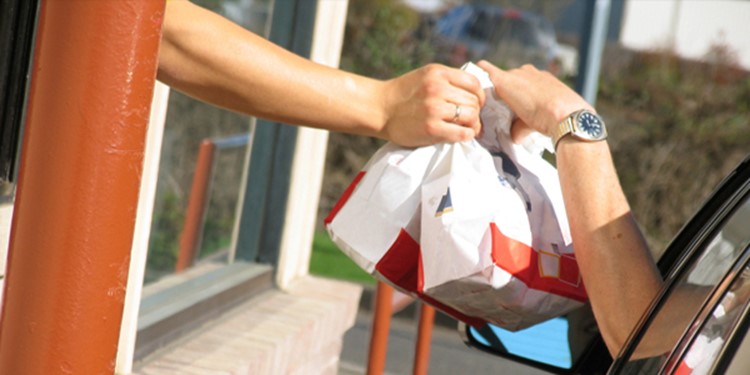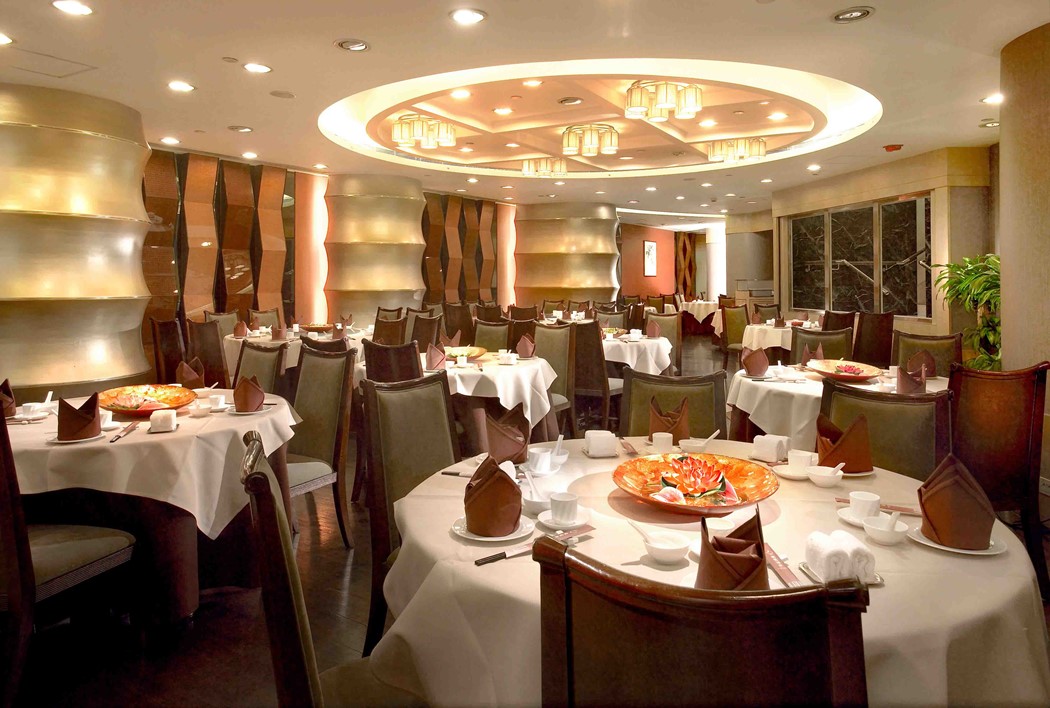Petrol Pumps Love Low Oil Prices Too
December 14, 2014 in Daily Bulletin

Oil prices are at remarkable lows and while this is creating a host of problems for oil producing countries, the companies that sell oil are rejoicing just as much as consumers are wrote Jonathan Fahey:
- Petrol pumps have to buy oil on international markets, therefore the low oil prices are causing their costs to go down.
- Since prices are lower customers are less price sensitive and are less likely to look for the cheapest pump. This allows petrol pumps to have a greater spread between the price they buy and sell at.
- Usually this spread is about 17.1 cents per gallon in the US. These days the spread is about 21.7 cents per gallon.
- And since prices are lower consumers are buying more, further boosting profits.
- After filling up drivers may even have some spare change which they could use to buy the truly profitable items – the drinks and snacks.
- Low prices also make for nicer customers to the relief of attendants across the world.
Read about why buyers shouldn’t be too upset about petrol pump profits rising, other reasons why petrol pumps are happy, and more over here.
Source: The Washington Post

















Join the Discussion! (No Signup Required)